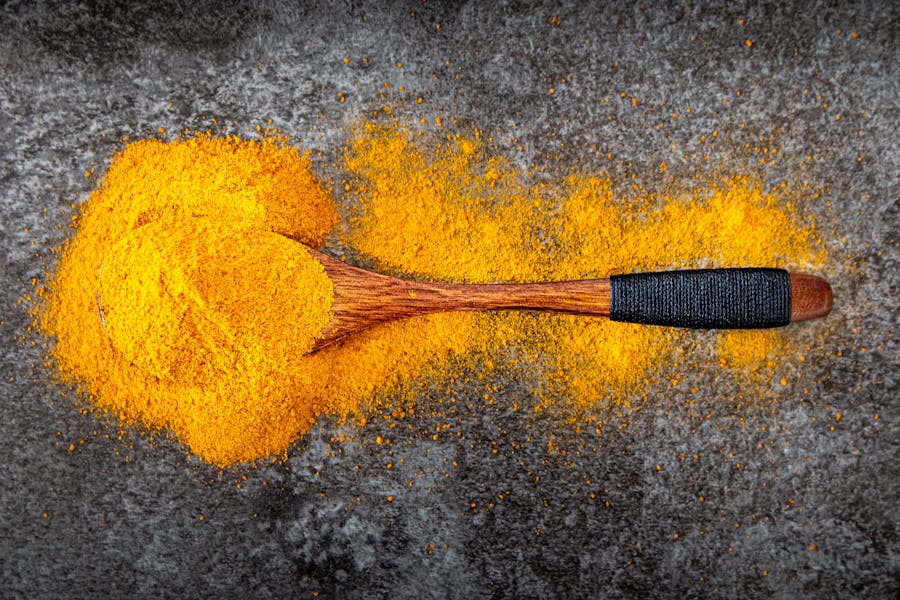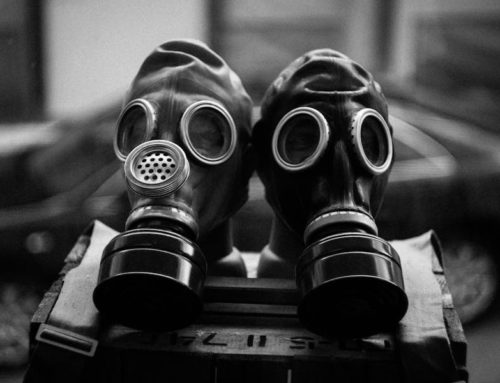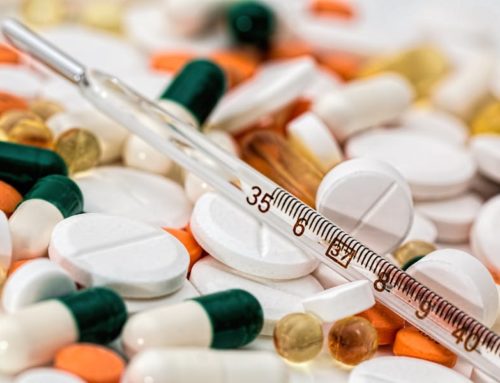Liver health remains a prime focus in the functional health field, especially when it comes to detoxing.
You’ve probably seen half of a dozen teas catering to liver health in the tea aisle in a health food store. Move into the supplement aisle, and you’re bound to find even more bottles with promises to detox the liver.
The liver — the large organ that sits between the rib cage, wedged beneath the diaphragm and seated above the stomach and small intestine — is shaped like a halved circle or half-moon. Much like a calf or chicken liver, the human liver is dark brown to red in color and weighs roughly three pounds.
It’s important not to underestimate the importance of this organ and its role in detoxifying the body. When it comes to the health of your patient’s liver, consider what they need at the core level to enhance the liver’s natural cleansing ability.
What Are the Most Important Functions of the Liver?
The liver performs more than 500 functions within the human body, including many yet to be discovered. These include the production of bile, cholesterol, and proteins for blood plasma and to carry fats through the body. Additionally, the liver is responsible for: (1, 2, 3)
- Processing ammonia to urea
- Processing drugs and other toxins from the blood
- Processing hemoglobin
- Regulating blood clotting
- Regulating blood levels of amino acids
- Resisting infections
- Storing glycogen when there is excess glucose present
In general, most people are aware of the liver’s role in detoxification. Of the liver’s numerous roles, one that receives the most attention is for the removal of toxic compounds.
And for good reason: along with filtering toxins that are produced as a byproduct of the body’s metabolism, the liver also processes cholesterol, hormones, pathogens, and toxins most of us are familiar with — like alcohol, chemicals, and drugs.
While patients might be aware of some toxins, like alcohol and drugs, there are others that can be damaging as well. These include household chemicals like harsh laundry detergents and bleaches, garden chemicals like weed killers, pesticides and insecticides, and garage chemicals like antifreeze.
Even when wearing protection, these chemicals can be inhaled through the nose or mouth.
Due to the number of functions that the liver carries out, ensuring that the liver is functioning well is vital for patients.
What Foods are Detrimental to the Liver?
For patients who have optimal liver health, there’s no need to strictly avoid certain foods.
However, those who may be experiencing symptoms related to liver disease, fatty liver, or other liver-related problems, avoiding foods high in fat is crucial. This especially includes foods fried in unhealthy oils like corn, hydrogenated, and soy.
Beyond fried foods, alcohol is one of the most toxic substances to the liver. Additionally, some supplements can have negative consequences despite their marketed benefits. These include the following:
- Alcohol — As just mentioned, alcohol can have a detrimental effect on the health of the liver. Alcoholic hepatitis, fatty liver disease, hepatic encephalopathy, liver cancer, and liver cirrhosis are all dangerous diseases that can occur from the overconsumption of alcohol. (4)
- Cigarettes — Beyond being linked to cancer and having a very negative impact on lung health, cigarettes can increase the risk of liver cancer. (5, 6)
- Herbal supplements — Green tea is healthy (in fact, you can drink up to 10 cups a day with no ill effect on the liver), but green tea extract in high doses can be toxic. Additionally, comfrey (typically used for healing wounds or treating rheumatoid arthritis) can be damaging to the liver. Knowing the quality and sourcing of herbal supplements matters. (7, 8)
- Iron — While adequate levels of iron are necessary, high doses can be dangerous since the body is not able to excrete excess iron. The result? Iron is stored in organs and tissue, which can lead to liver scarring or cirrhosis. (9)
- Vitamin A — While excess vitamin C can be excreted through urine, most of the body’s vitamin A is stored in the liver. High doses are typically considered as more than 40,000 IU daily, though chronic moderately high doses can also lead to issues. Have patients avoid the overconsumption of animal or fish liver (such as cod liver oil.) (10)
NOTE: Negative consequences typically occur in very high doses and many of these substances are not regulated, thus the purity of the product is imperative.
How Can You Improve Your Patient’s Liver Health?
Eating a whole foods-focused diet, avoiding alcohol, and sleeping well is the general advice given for those seeking a healthier liver. More specifically, however, you can have patients eat plant foods with high antioxidants, as they are especially helpful.
A 2015 study noted that plant-based antioxidants, which include most fruits and vegetables, are helpful for both preventing and treating liver disease. However, fumigated, grilled, pesticide-ridden, and rotten produce should not be consumed. (11)
On the other hand, cruciferous vegetables and citruses are particularly beneficial in the prevention of liver cancer. Plus, several herbs that can be taken safely without risk to the liver.
Milk thistle extract — a spiky purple plant related to artichoke — is often suggested to reduce inflammation for those struggling with cirrhosis, hepatitis, and jaundice. (12)
Additionally, N-acetyl cysteine (NAC) is a powerful antioxidant and common nutritional supplement that has been shown to improve liver function in several studies. (13, 14, 15)
Liver Symptoms to Watch
You may have patients who have partaken in activities that are detrimental to the health of their liver, but still aren’t sure if their liver is healthy or not. In these cases, there are several additional symptoms to watch. These include: (16, 17)
- Abdominal pain
- Abdominal bloating
- Chronic fatigue
- Easy bruising and bleeding
- Hyper-pigmentation
- Itchy skin
- Loss of appetite
- Nausea
- Spider veins
- Vomiting
- Weight gain
- Yellow skin or eyes
Liver function tests (often called liver chemistries) are the best way to determine the health of your liver. These tests measure the amounts of proteins, liver enzymes, and bilirubin in the blood. Typically, two liver enzymes, alanine aminotransferase (ALT) and aspartate aminotransferase (AST), are monitored; if high, it’s likely that the liver is in need of support. (18, 19)
Detoxing the Liver
It is possible to detox the liver, but preventative actions are an easier process on the body. Tell your patients that consuming whole foods, plus avoiding drinking and smoking, are the best ways to keep the liver functioning well. Herbal supplements can be helpful additions, but remember to check the quality of the ingredients.
Rather than think about detoxing your patient’s liver, focus on supporting it. Additionally, keep in mind the body does not work as a singular entity. Ensuring that there is proper drainage throughout the body — which includes every organ from the liver and kidneys, to the stomach and intestines — is vital.
Think about “detoxing” more as “draining.” Drainage is a more accurate term than detox. It better describes the process of moving nutrients and toxins through the body, rather than simply detoxing the body, something the liver should naturally do every day.
Supporting the drainage system as a whole is paramount to properly “detoxing” the liver. After all, drainage is like a chain reaction in the body. For example, having few or no bowel movements can cause a backup in the liver bile duct system. As such, this can prevent the lymphatic system from draining properly.
Get your patient’s back to the basics with their liver health. Check out the KL Support, Liver Support Kit, or even the Comprehensive Protocol to aid your patients in their journey.







